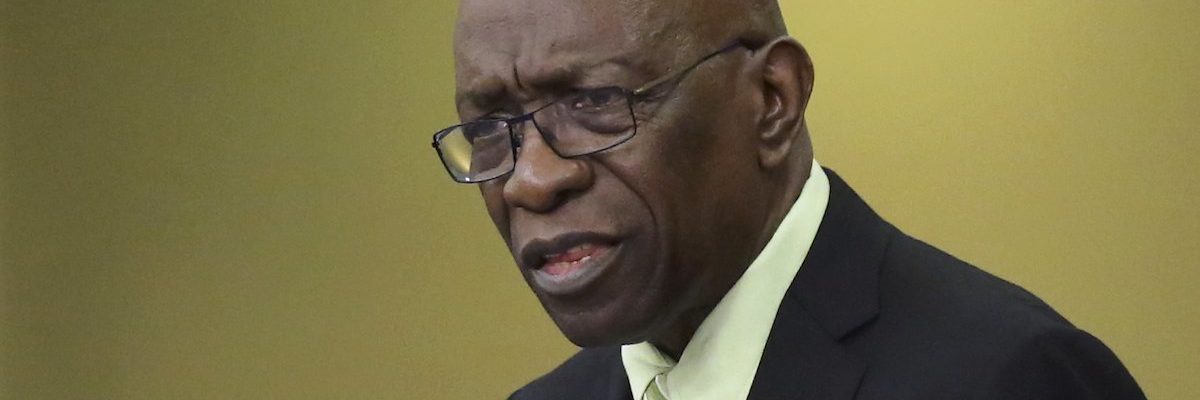
Extradition on hold pending court ruling
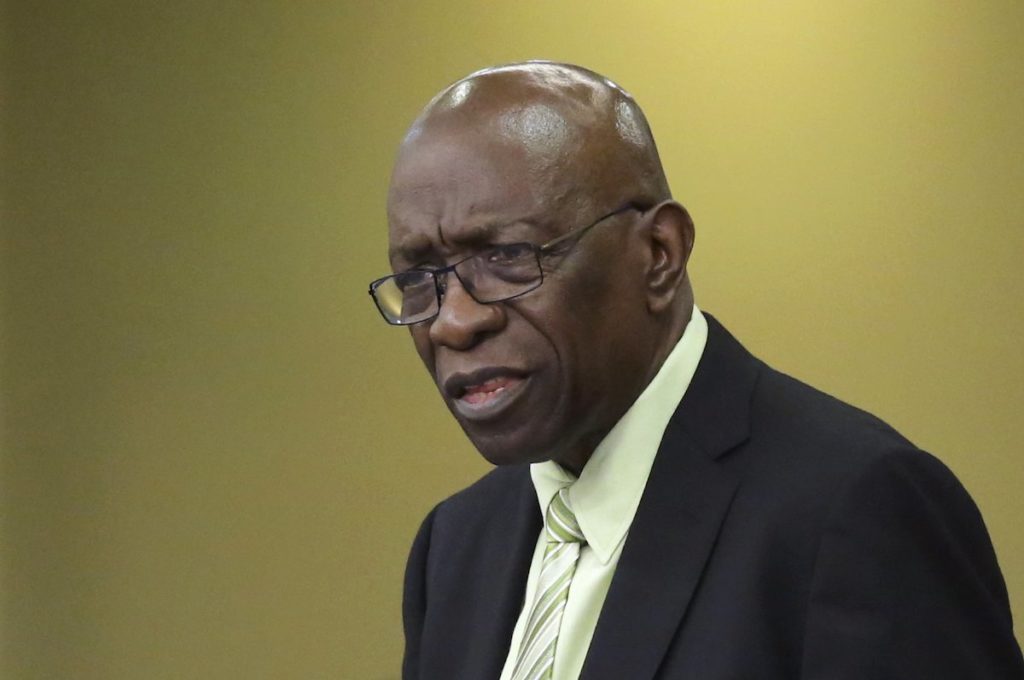
Former FIFA vice-president Trinidadian, Austin ‘Jack’ Warner received a lifeline on his extradition to the United States of America to stand trial for alleged criminal offences.
The lifeline came yesterday when a Magistrate’s Court in his native Caribbean island ruled on that the questions he raised in an application pursuant to Section 14 (4) of the Constitution, should be determined by the High Court.
Following a Privy Council judgment on November 17 last year, which ruled against Warner’s case for his extradition to the US be denied on the grounds of violation of his constitutional rights and procedural unfairness, he filed an application with the local court in keeping with Section 14 (4) of the Trinidad and Tobago Constitution.
That section states, “Where in any proceeding in any court other than the High Court or the Court of Appeal, any question arises as to the contravention of any of the provisions of this chapter, the person presiding in that court (Magistrates Court) may and shall give the party or any party to the proceeding so request, refer the question to the High Court unless in his opinion the raising of the question is merely frivolous or vexatious.”
Details of the ruling

Attorney General, Reginald Armour told the local media, “This morning (yesterday morning), the Chief magistrate ruled that the questions were not frivolous and vexatious in respect of Mr Warner’s complaint on the speciality argument, on procedural unfairness, and therefore she has referred those questions to the High Court for the High Court to determine the constitutionality of the request of the United States of America, to extradite Mr Warner to the United States to stand trial on a number of serious criminal offences.”
Continuing, Armour said, “The Chief Magistrate went on to make findings of facts which disturbed me, and I say that with all due respect because all that was before her was the affidavit of Mr Warner, and no evidence from any of the parties and no cross-examination of anybody at all. And I’ve been in touch since the decision was handed down this morning, with the legal teams representing the Attorney General and the United States of America.”
He argued that the section of the Constitution being relied upon by Warner provides a corridor of opportunity, which allows a person in his circumstances to get access to due process even after an applicant like Warner has been before the High Court, Court of Appeal, and before the Privy Council and lost in all instances as was the case with Warner.
Warner hitting back
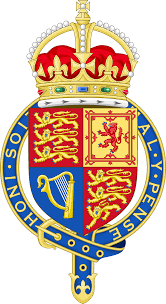
Armour said following the Privy Council’s judgment, Warner raised a number of questions in a judicial review application. Two of the arguments which were raised by Warner at the Privy Council were arguments known as the speciality arguments-a particular process under extradition proceedings, which is to say the Attorney General of the State from whom extradition is requested, will sign off on a certificate and will authorize the authority to proceed for the extradition proceedings to continue according to law.”
He said Warner’s position was that the speciality argument had been violated in that there was no consistency between the offences for which the United States of America wished to extradite him, consistent with the laws of Trinidad and Tobago, because of different arrangements between the treaty to which the United States is party and the domestic law of Trinidad and Tobago, the Extradition Act.
“That speciality argument failed and the certificate by which Warner’s extradition would arise, was upheld by the Privy Council in its ruling on November 17, and the Privy Council ruled that the extradition on that ground, could proceed,” Armour said. He added that another argument Warner had raised before Justice (James) Aboud, which failed at the High Court, Court of Appeal and at the Privy Council, was that he had not been given rights of fair procedure.
He made the point that the only basis on which the Chief magistrate could have declined to accede to Warner’s application was if she found that the arguments raised by Warner were frivolous and vexatious. Armour said following the meeting of the legal team, he will meet with them to solicit advice on the steps the Government must take to continue to insist on all persons coming before the court so that justice could be done, to continue to adhere to due process, and in due course, to get the full determination of the High Court, the Supreme Court of Trinidad and Tobago, on Warner’s several applications.
On May 27, 2015, the United States requested the extradition of Warner to face corruption charges. Following his defeat at the Privy Council, Warner vowed to continue fighting the extradition request.

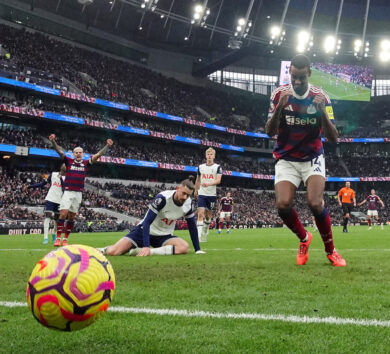

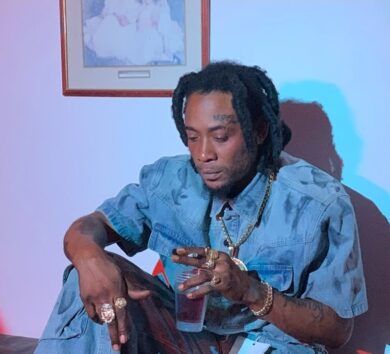
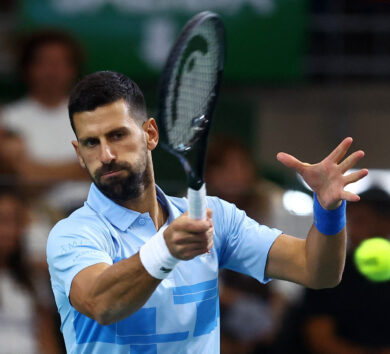

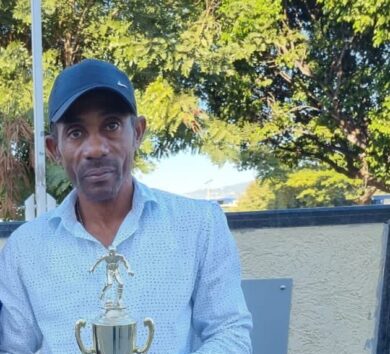
Comments